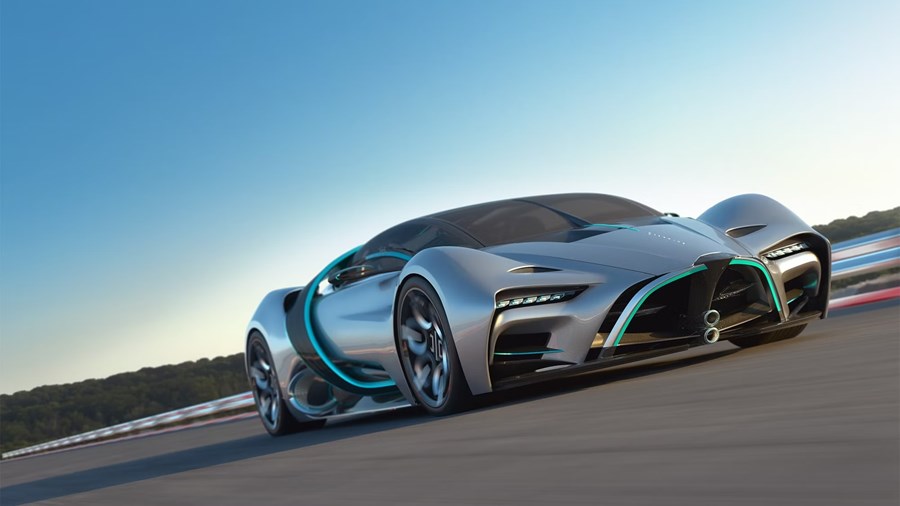Hydrogen cell can be a clean and efficient fuel source; it converts hydrogen into electricity with high efficiency and a low power loss.
Manna from Heaven, well, not quite. H2 will require new and costly infrastructure.
Although it is the most abundant element in the universe, hydrogen is produced by separating it from other elements in water and fossil fuels.
Hydrogen is emission-free, but it does require energy for any separation.
In 2020, during Boris Johnson’s speech on planned economic recovery, he explained the UK leads the world with hydrogen technology and would be of immense value to the car industry.
Sadly, we are still to see the ‘Hydrogen Highway’.
But we have seen progress: Alejandro Agag, the driving force behind the electric racing series, Formula E and the 4×4 counterpart, Extreme E, also an electric powerboat series.
Mr Agag intends to pull the plug (excuse the pun) on Extreme E in favour of a Hydrogen-Powered Series.
Extreme E, or should I say Extreme H, is planning its first all-hydrogen race in 2025, and surprise, surprise, it has appreciable backing from Saudi Arabia.
Not just the 4×4 racers, Le Mans plans to create a hydrogen race series in 2025.
Ex-Ferrari boss Ross Brawn has pondered over an entire motor racing series in 2030.
And, for good measure, Toyota unveils its first new hydrogen car, the Toyota Crown in a decade, to go on sale this autumn, albeit only in Japan.
Could H2 be the future?
![]()

